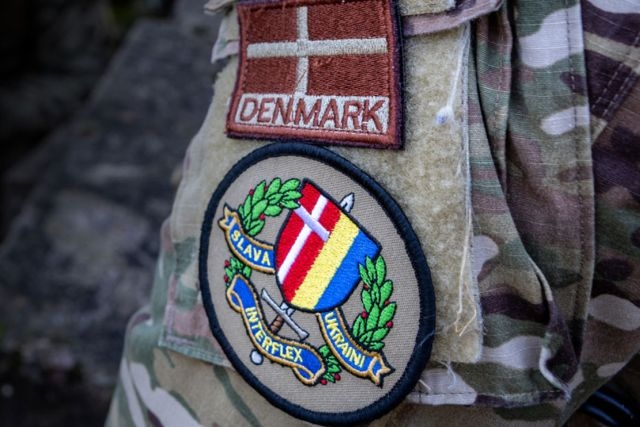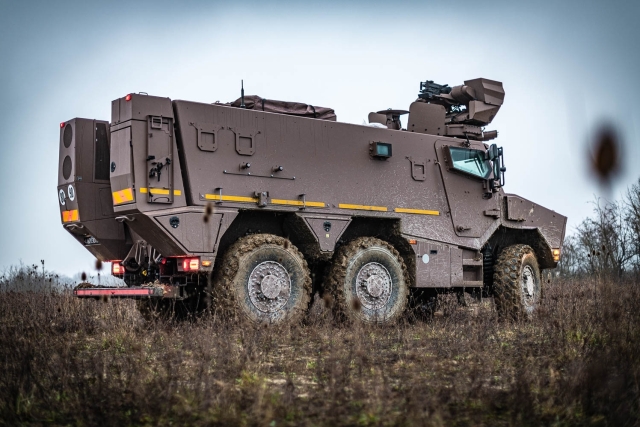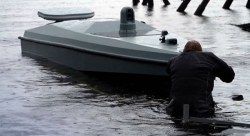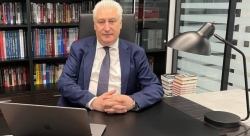Shipbuilder Damen, Team Develop ‘Air filter mask’ for Medical Staff Treating COVID-19 Patients
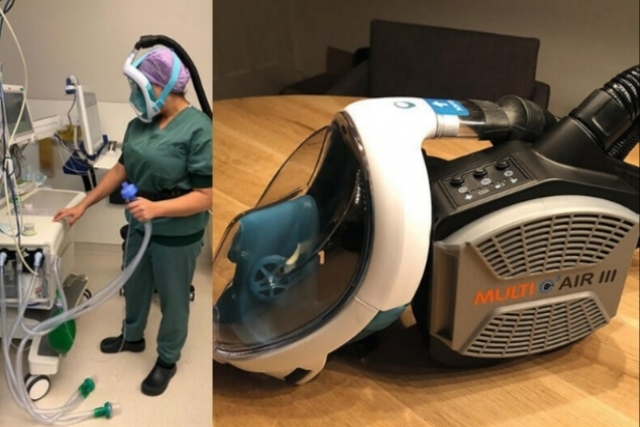
Air-wave.org Association, a consortium initiated by Dutch Shipbuilder Damen, Blue Orange Wave, Redgrasp and VFA Solutions, has developed a protective mask for healthcare professionals in the treatment of novel Coronavirus (COVID-19) patients.
Both masks use a unique 3D printed connector to link a popular snorkel mask to a filter system. The COVID Lifesaver Mask uses a high-performance filter used in anesthetic equipment to create a low-cost, easy to use system for short duration use.
The Air-Wave Protector solution uses an industrial fan & filter unit to create a personal protection unit for use of longer duration.
COVID Lifesaver Mask:
Combining a popular full-face snorkel mask with a high-performance filter used in anesthetic equipment and ventilators made it possible to develop a reusable face mask for healthcare workers that is safer than the commonly used FFP2 mask. This prototype has undergone clinical testing to rule out carbon dioxide intoxication. The anesthetic filter used has already been validated to have a capacity to block 99,999% of viruses and bacteria. The solution is currently being developed further to reduce the possibility of inward air leakage.
Air-Wave Protector:
The Air-Wave Protector is a combination of the same snorkel mask connected with a custom 3D printed connector to a medical-grade filter and an air pump used in the welding industry for personal protection. The air pump creates a positive pressure in the mask, potentially reducing air leakage and promoting the ease of breathing. Preliminary testing indicates that the solution provides better protection than the commonly used FFP2 masks.
A team of healthcare professionals tested the snorkel mask used in both solutions and found it to work well. Glasses can be worn and the mask allows for communication with patients and co-workers. The reusable mask can be decontaminated by healthcare facilities using readily available cleaning methods.
The designs of the solutions are “open-source” which means they can be freely copied and used to support healthcare professionals worldwide. The design of the 3D-printed connectors created by the TU Delft will be available through “thingiverse.com”, a global website to share 3D print designs.
While some aspects of the solutions are still in development and testing continues, the groups have decided to share their designs and progress widely. Royal Dutch Shell has already started printing COVID Lifesaver connectors in its Technology Center in Amsterdam and offered its full cooperation to contribute to the solutions that are being developed.
